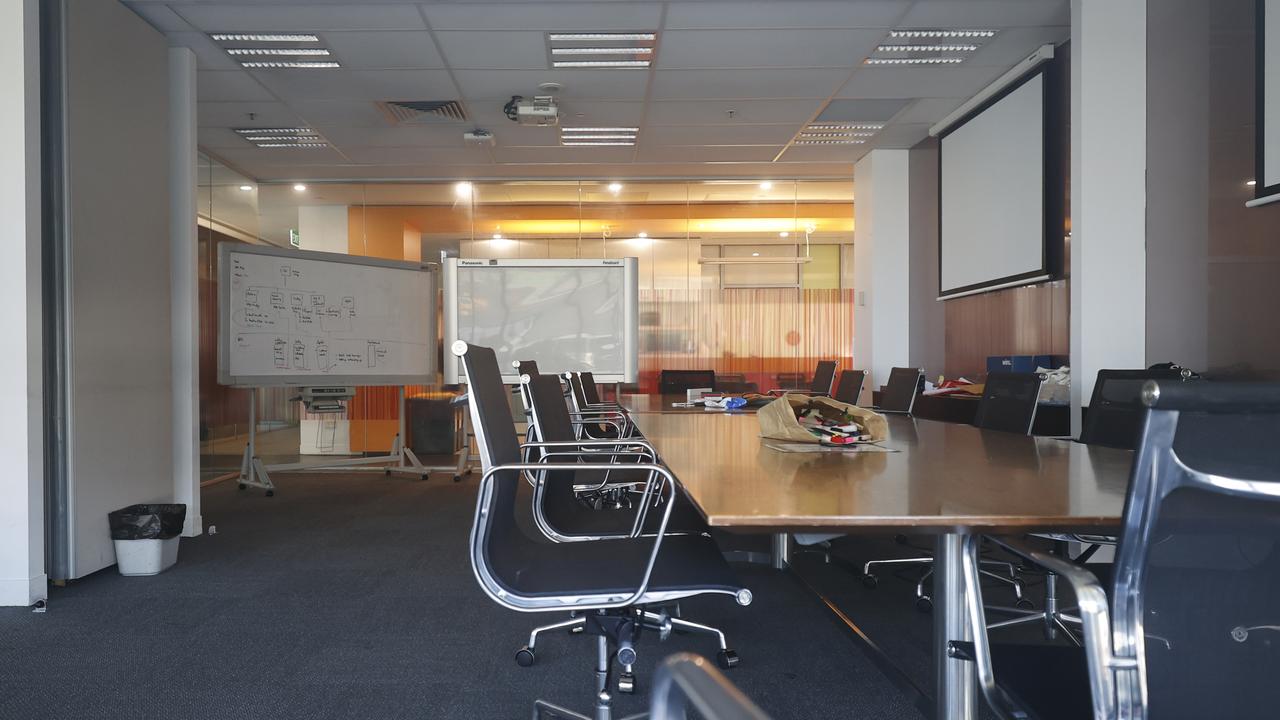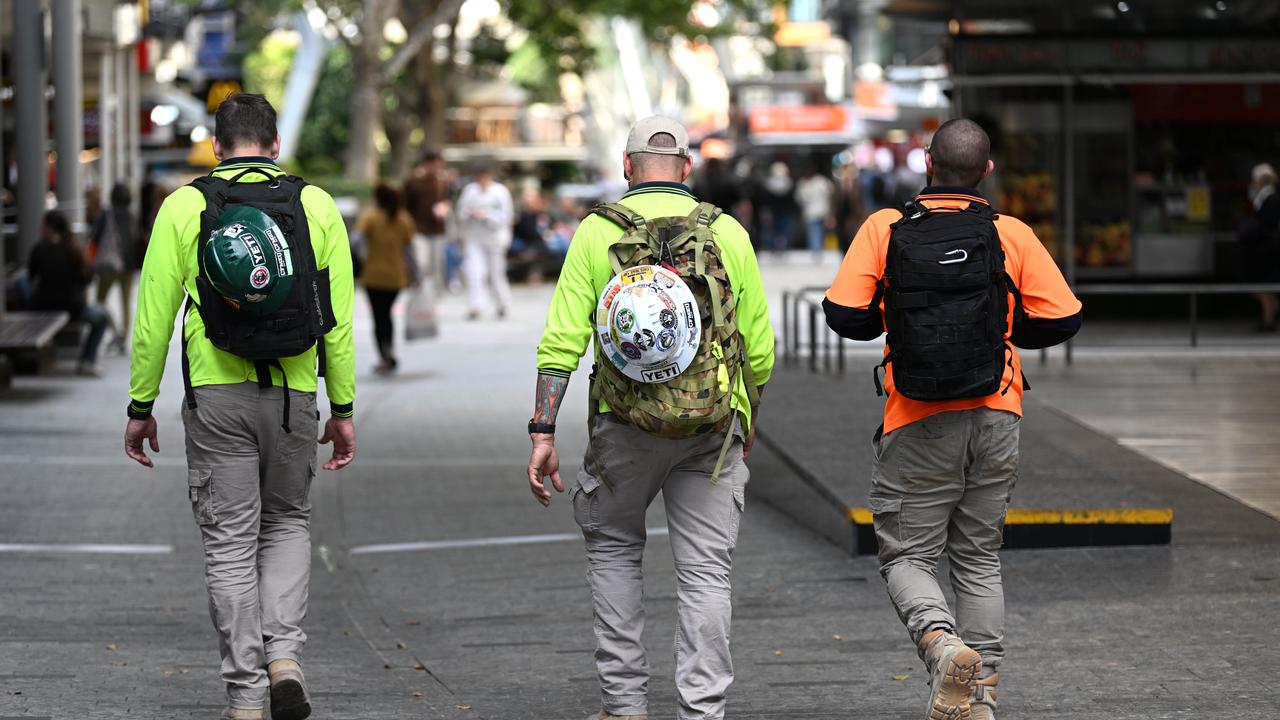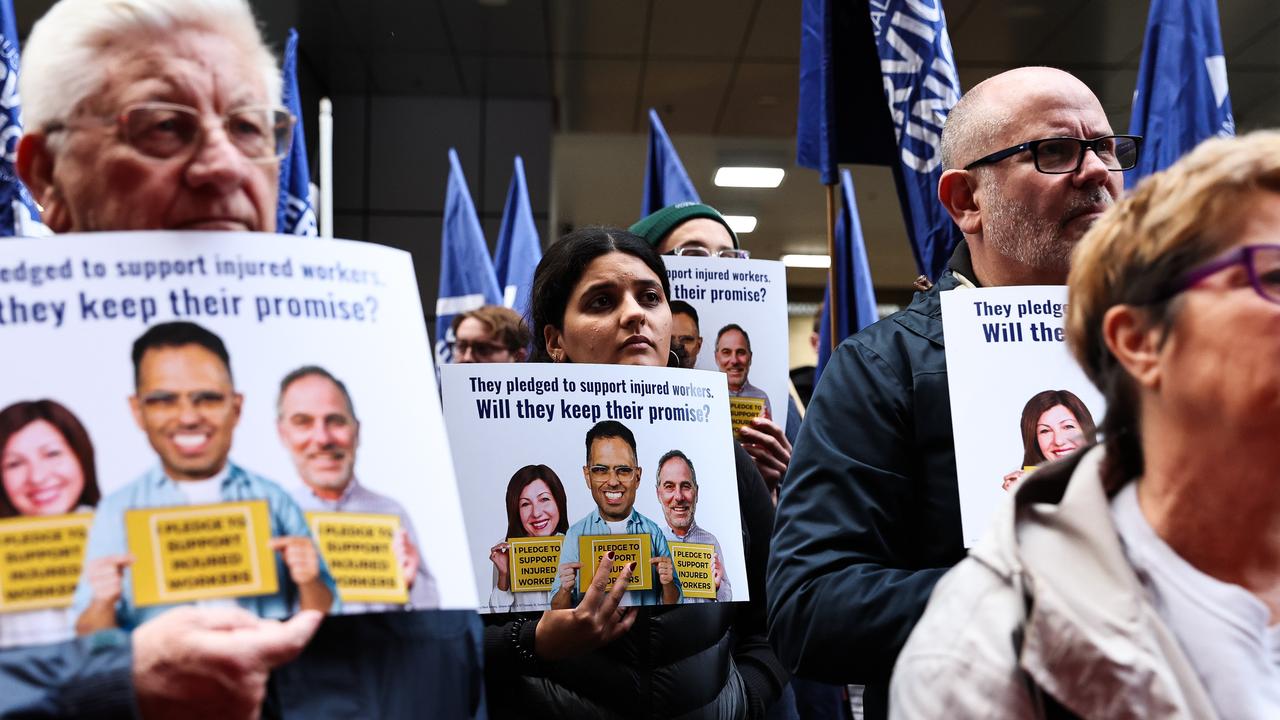Young Aussies pushing for casual work dress codes
Young Australians are considering quitting unless a staple of working from home is introduced in the workplace.

Young Australians are fighting for their right to dress comfortably, with 34 per cent of Millennials claiming they would consider quitting their job if their employer made them dress professionally again, recent studies have found.
According to recent research, a more casual dress code is one of the hallmarks of working from home, with tracksuits, pyjamas, activewear and ugg boots all of sudden becoming acceptable workwear.
But as more people transition back to working in the office, an increasing majority want to carry over aspects of remote working.
A study last year by activewear brand Lululemon found 76 per cent of people said they perform better at work when they are dressed comfortably, while 70 per cent hoped casual clothing would become more common in the workplace.

Eighty-eight per cent of adults also wanted their employers to recognise that their quality of work was more important than their clothing, according to the Lululemon study, while 83 per cent had more respect for companies which allowed casual clothing.
A paper from the University of Sydney in February examined the habits of “Covid casual” dresswear during the pandemic, with authors Dr Briony Lipton and Sulagna Basu finding professional attire changed in the age of remote working.
“Even prior to the pandemic, many workplace dress codes were gradually morphing into business casual, with collared shirts and slacks, blouses and skirts, and a relaxed leather shoe widely accepted,” the report said
“Since Covid, workers have turned to more informal and comfortable fashion alternatives, including leggings, trackpants, T-shirts, jumpers, slippers, and sneakers.”
The report’s survey found there was a “definitive” change to attire while working at home, with a more prominent shift observed in industries like public administration and safety, financial and insurance services, and professional, scientific and technical services.

Melbourne University social and political sciences associate professor Lauren Rosewarne said it was not surprising employees wanted to bring aspects of remote working into their workplace.
“Clearly we have been dressing for expectation rather than comfort in the workplace … but when we are left to our own devices, seemingly we favour comfort,” she told NCA NewsWire.
“Now that some people are transitioning back to the workplace, I suspect they want to retain some of the things that they enjoyed about working from home … they like the comfort of being able to work in less formal attire.”
Ms Rosewarne said more relaxed clothing allows employees to express their personality rather than being restricted by dress codes.
“If you’re feeling like you’re compelled to wear a business suit or business attire, then it almost seems like a uniform and you’re not dressing for your personality as well,” she said.
“I think that depending on the industry, I imagine some people feel that’s another burden to perform in the workplace.”

She also said employees are in a strong situation to make these requests due to the state of the labour market and the lessons learned during Covid.
“I think employers are going to have to be a bit flexible about this because the labour market is pretty good and a lot of employees need inducement and enticements to get back to the workplace on site. One of those might be a less restrictive dress code,” Ms Rosewarne said.
“I think there used to be a whole lot of distrust on the part of employers that if you worked at home, you’d somehow slack off.
“Covid has taught us that in most cases, people actually work harder at home; it’s just you work differently.
“That lesson that Covid gave about productivity, I think also gives employees more bargaining power because they’re able to demonstrate wearing pyjama pants or working from home three days a week doesn’t impact productivity.”



